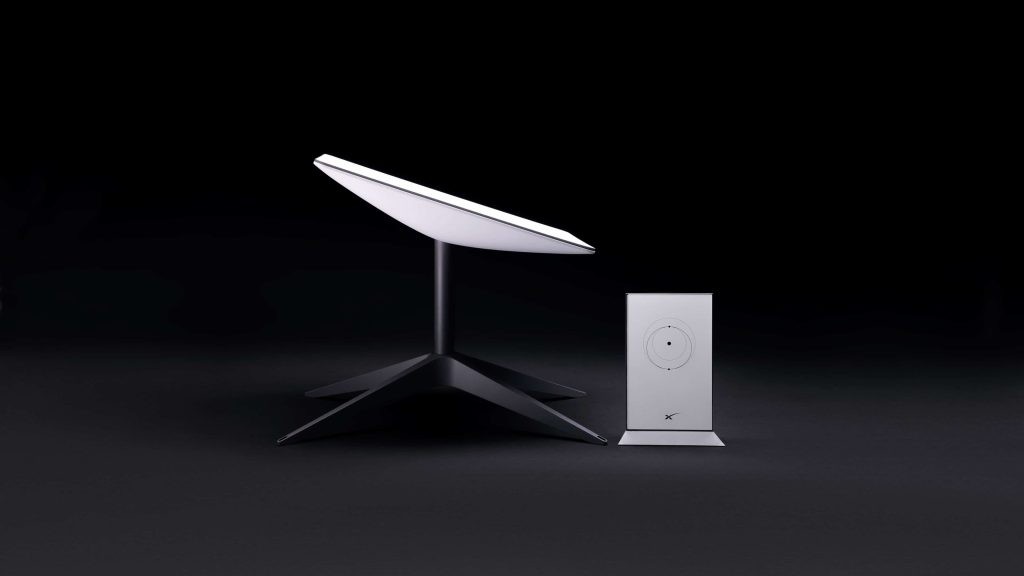
Amidst Nigeria’s skyrocketing inflation, Starlink, SpaceX’s satellite internet service, has significantly raised its subscription fees. The standard residential plan, previously priced at ₦38,000 ($24), now costs ₦75,000 ($48) with a 1 TB fair usage policy. The most dramatic hikes affect roaming users, where local roaming fees have surged from ₦49,000 to ₦167,000, and international roaming has skyrocketed to ₦717,000 per month.
Starlink justified the increases through an email to its customers, citing inflationary pressures as the reason behind the steep price adjustments. Existing customers will start paying the new prices from October 31st, while new subscribers will immediately face the revised costs.
Lack of Incentives for Nigerian Customers
Interestingly, the price of Starlink kits in Nigeria remains unchanged at ₦440,000. However, unlike in neighboring countries like Kenya, Nigerian customers have fewer options to make the service more affordable. There’s no rental kit option for those unable to pay the full amount upfront, a stark contrast to the $15 monthly kit rental plan available in Kenya. Furthermore, Nigeria also lacks access to the cheaper Starlink Mini kits that offer more affordable, albeit slower, services.
In Kenya, customers can purchase a Starlink Mini kit for KES 27,000 ($183), which offers lower internet speeds of up to 100 Mbps but comes with a more attractive monthly subscription rate of KES 4,000 ($27.13), far below the price for full Starlink services. The standard Starlink subscription in Kenya costs KES 6,500 ($44.07).
Competitive Landscape in Kenya Forces Starlink to Adapt
Kenya’s strong internet service provider (ISP) competition is driving Starlink’s pricing flexibility. Leading ISPs such as Safaricom and Jamii Telecommunications are offering competitive pricing and faster services, putting pressure on Starlink to attract customers with more accessible options. Safaricom, Kenya’s largest ISP, recently upgraded its speeds to prevent customer churn, especially from those frustrated with slower speeds and high prices.
Safaricom increased speeds for various packages in response to Starlink’s growing popularity, providing an attractive alternative for customers. For instance, its 10 Mbps package was upgraded to 15 Mbps at KES 3,000 ($20.35), and its 100 Mbps package saw a fivefold speed boost, keeping Safaricom competitive.
A Tough Reality for Nigerian Consumers
In contrast, Nigerian consumers have not enjoyed the same kind of market dynamics. The lack of competitive ISPs means Starlink can implement price increases without immediate pressure to offer more affordable alternatives. This puts Nigerian customers in a difficult position, especially given the already high upfront cost of the Starlink kit.
As inflation continues to strain household budgets in Nigeria, it remains to be seen how the market will react to these price increases. While Starlink’s satellite internet offers speeds and coverage that may not be matched by traditional ISPs, especially in rural areas, the high costs could deter widespread adoption, especially for middle and lower-income consumers.
Starlink’s price hikes underscore a broader challenge in the Nigerian economy, where inflation and currency devaluation are increasingly making essential services more expensive. Without additional competition or government intervention to regulate pricing, Nigerian consumers are left with fewer affordable internet options compared to other African nations like Kenya.
